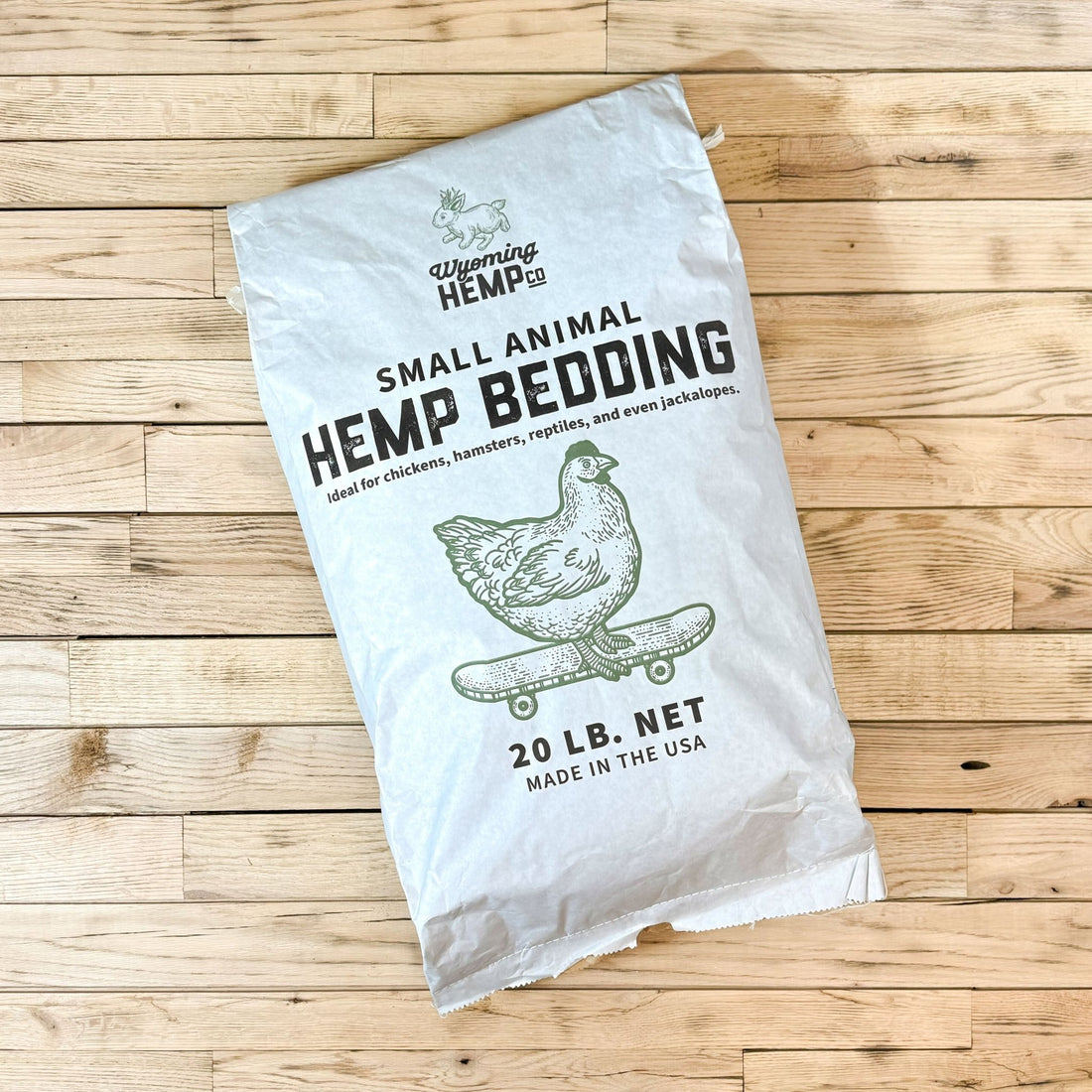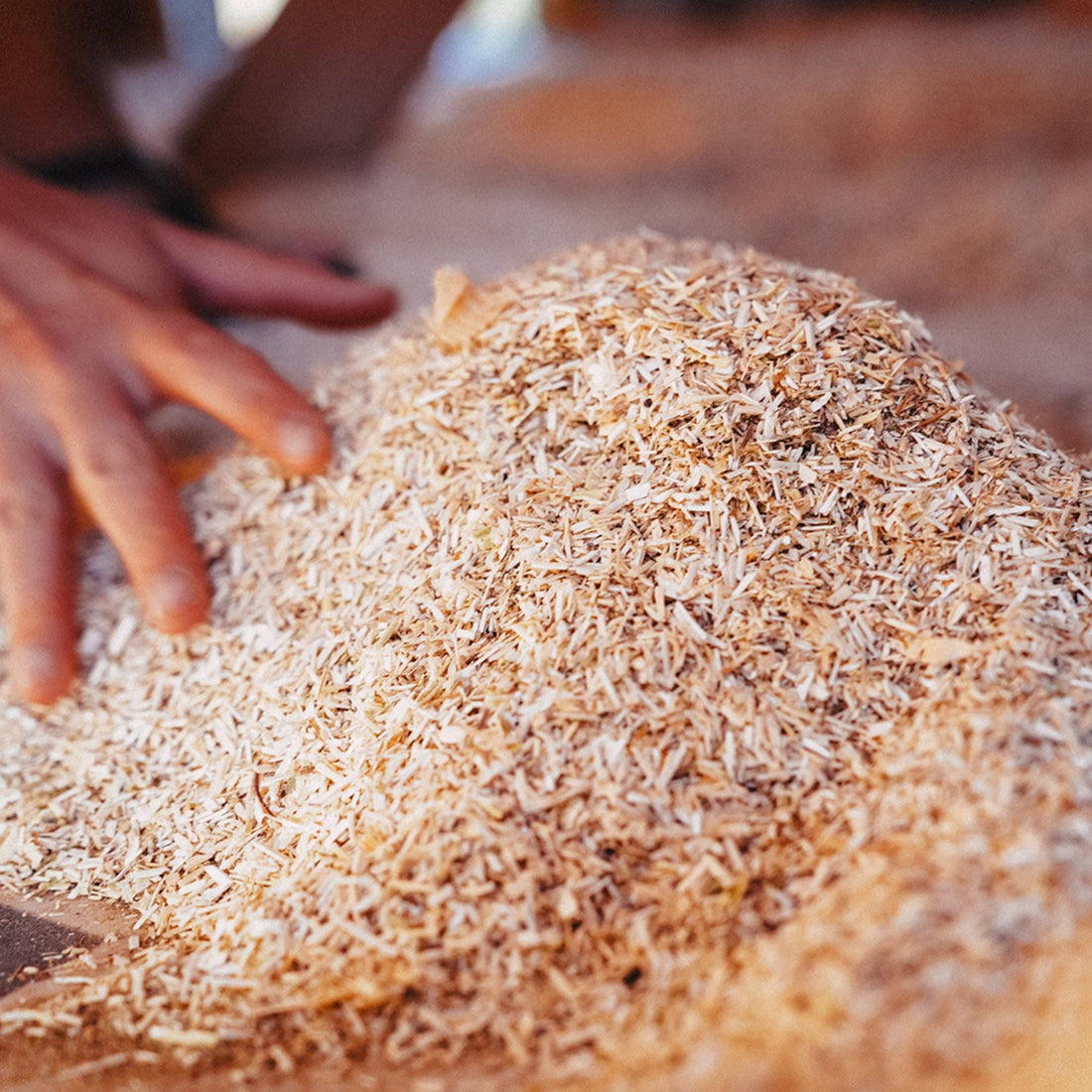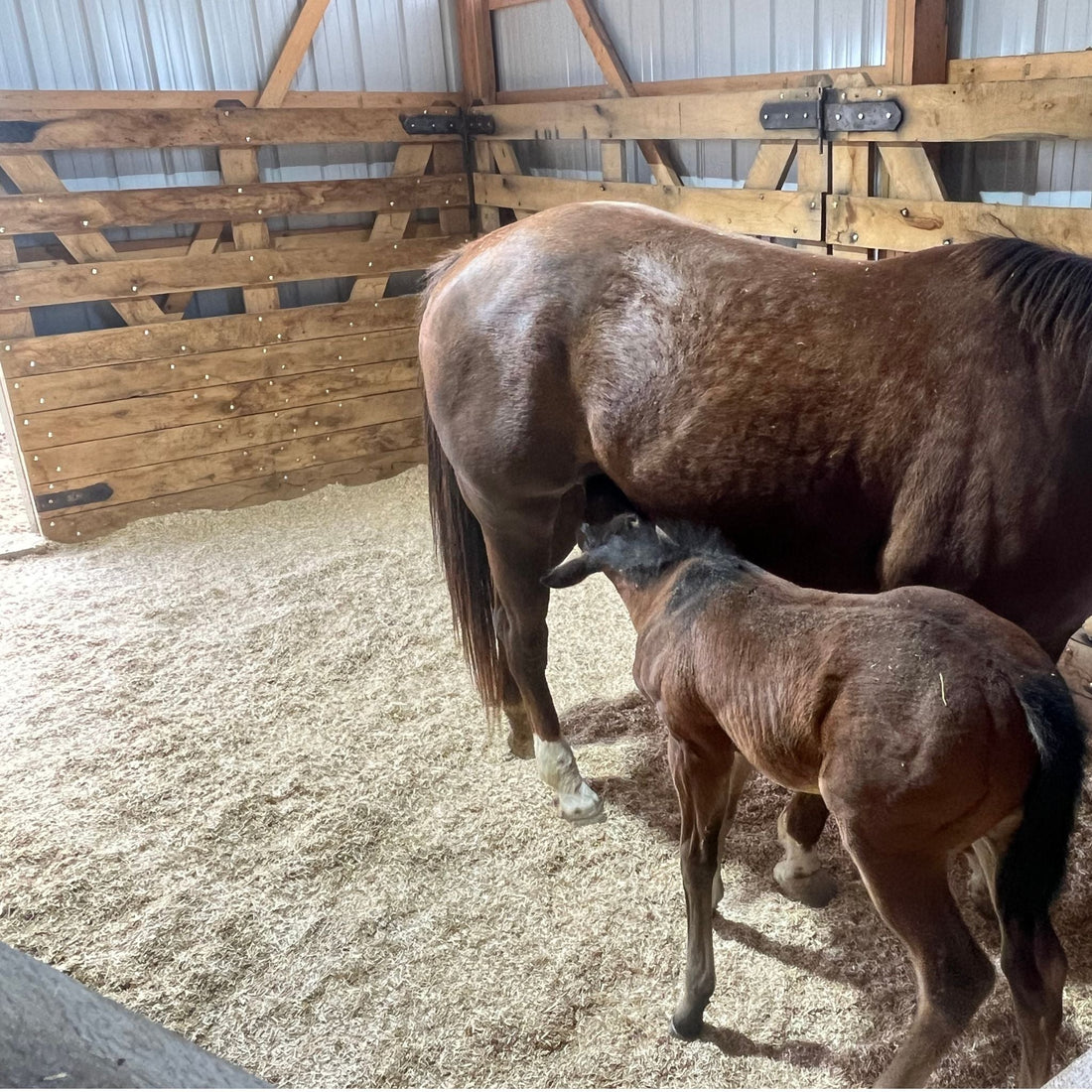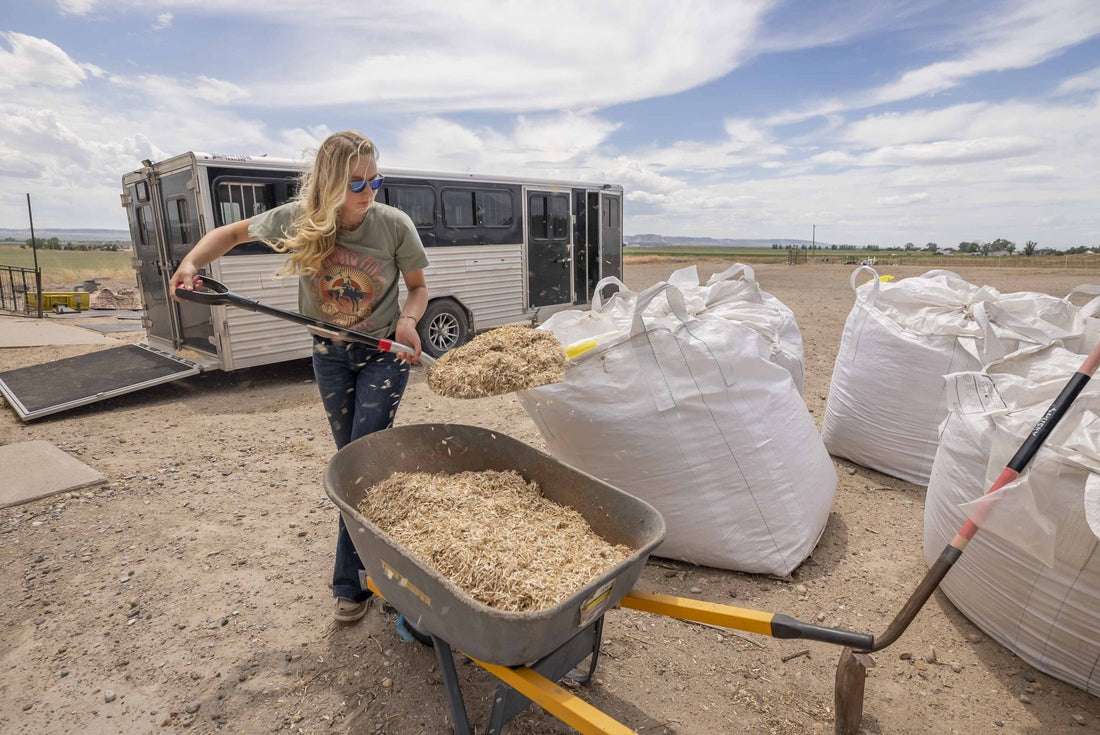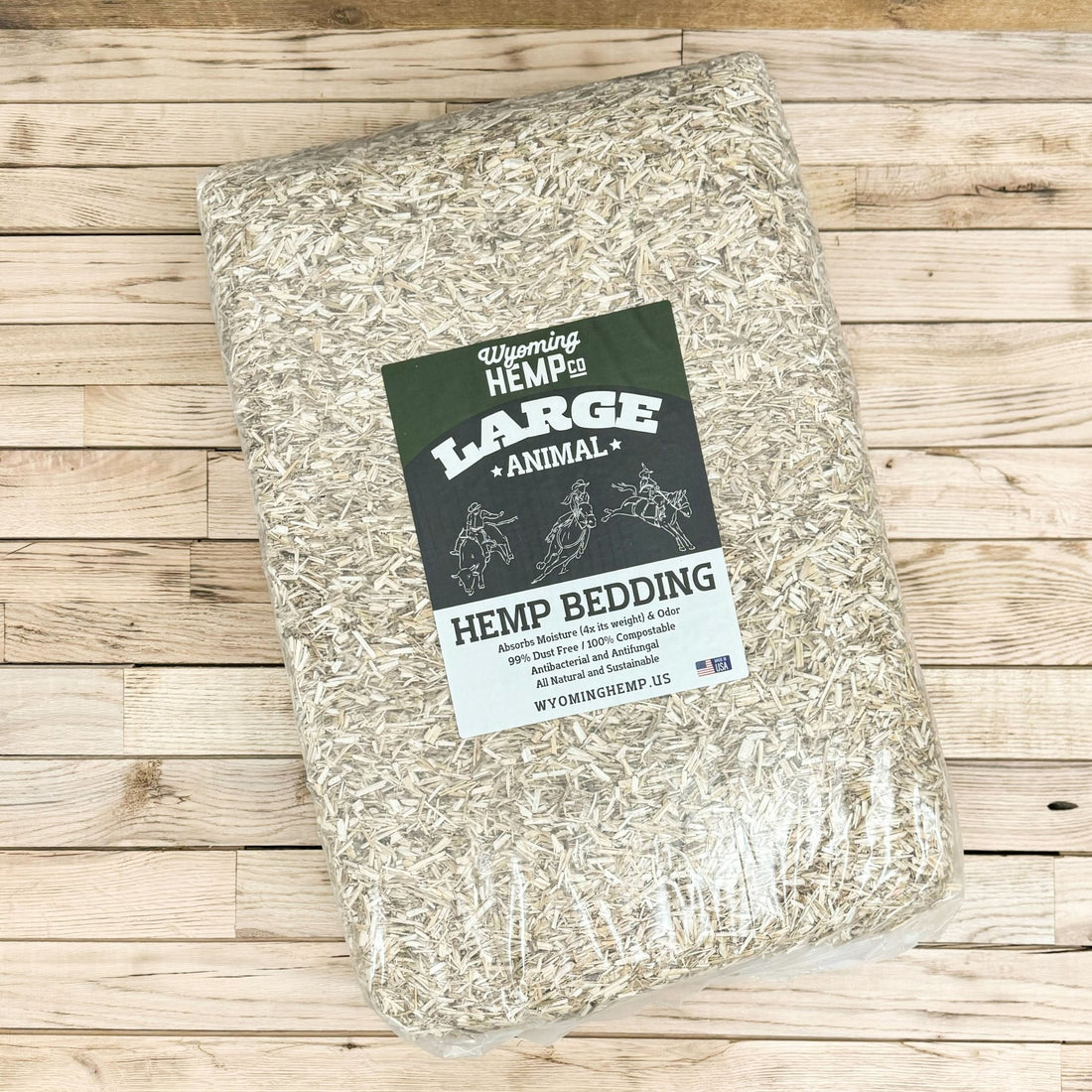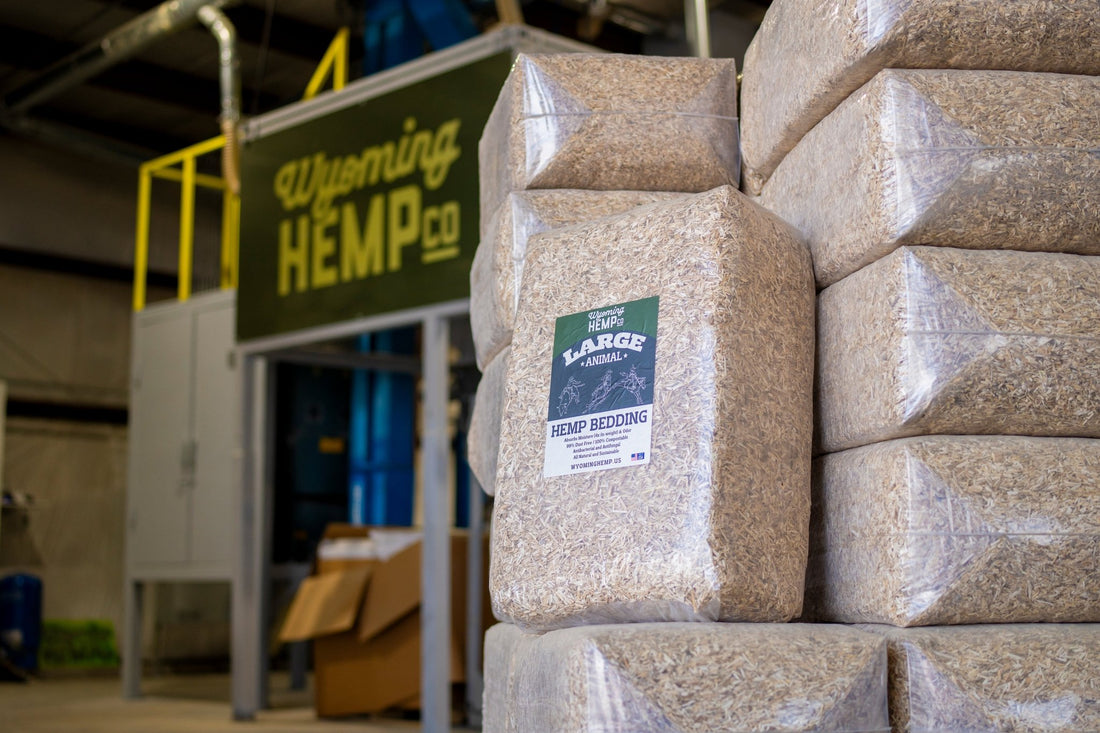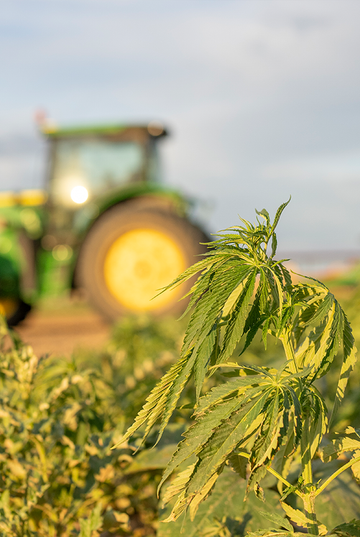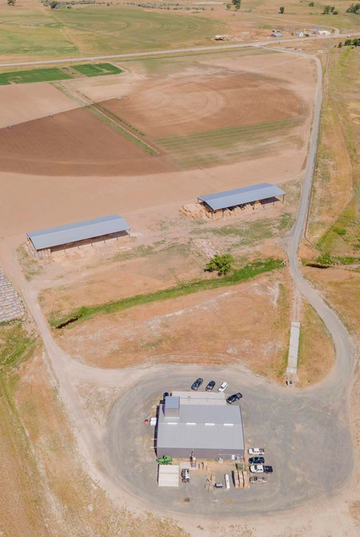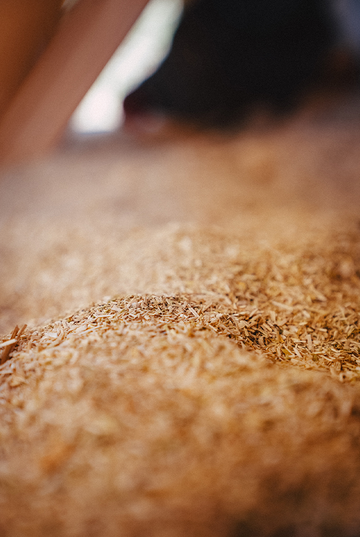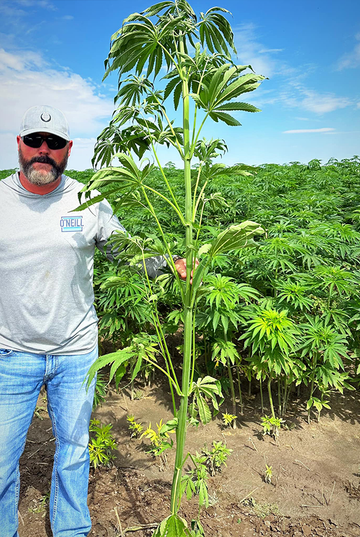The Reviews are in!



Frequently Asked Questions
Is hemp the same as medical or recreational marijuana?
The Simple Answer
No! Hemp contains less then 0.3% THC, the active compound in marijuana.
The Technical Answer
Hemp and medical marijuana come from the same genus plant and contain many of the same chemical compounds; however, the concentration of compounds in the two plant species can be vastly different.
The legal difference is the amount of Tetrahydrocannabinol (THC) the plant contains. If the cannabis plant contains more than 0.3% THC it is considered marijuana. You cannot produce medical or recreational marijuana with a hemp license.
Reference: USDA
What is the Difference between Small Animal Hemp Bedding and Large Animal Hemp Bedding?
Our Small Animal Hemp Bedding is a smaller sized fraction (less than ½ inch on average) that many find more suitable for smaller animals like chickens, gerbils, reptiles, and other smaller animals.
Our Large Animal Hemp Bedding is a larger sized fraction (over a ½ inch on average) that many find more suitable for animals such as horses, goats, and other larger animals.
Can I buy in Bulk?
Submit a quote request or contact us and we will get you taken care of.
We offer custom orders and price discounts for people who order in bulk.
Let us know how we can help create a plan and price that makes you and your animals happier and healthier!
What types of research does your farm focus on?
Our farm is privately funded which allows us the ability to always keep the farmer in mind and run research that we feel matters.
We conduct Variety Trials, Planting Trials, Harvest Trials, Irrigation Trials, Product Application/Test Trials, and Fertility Trials with all applications data being collected on site via several different precision agricultural pieces of equipment.
Some examples of the equipment we use are state of the art irrigation systems, satellite imagery, soil monitoring probes, weather stations, and precision data collection systems and software.
Do you offer tours?
Yes! Contact us to make arrangements.
What are the environmental benefits of using hemp?
Resource Efficiency:
- Water usage:
Compared to thirsty crops like cotton, hemp requires significantly less water, ideal for arid regions or drought-prone areas. - Can grow pesticide free:
Naturally resistant to pests and diseases, hemp often thrives with minimal or no pesticides, reducing environmental toxins and promoting healthier ecosystems. - Soil:
Deep root system improves soil structure, aeration, and fertility, aiding in carbon sequestration and preventing erosion. Crop rotation with hemp further enhances soil health and nutrient cycling.
Environmental Champion:
- Carbon Capture:
Hemp plants absorb and store carbon dioxide from the atmosphere at a remarkable rate, making them carbon-negative powerhouses in the fight against climate change. - Renewable:
Unlike petroleum-based plastics, hemp is a renewable resource. It can be harvested multiple times per year and readily replanted, minimizing reliance on non-renewable resources. - Biodegradable:
Most hemp products decompose naturally and return nutrients to the soil, unlike their plastic counterparts that contribute to landfill waste.
Overall Impact:
- Reduced Footprint:
Compared to conventional agriculture, hemp cultivation generally has a significantly lower environmental footprint due to its lower water and pesticide requirements, and positive impact on soil health. - Versatility Advantage:
Hemp's diverse range of uses reduces the need for other materials with potentially higher environmental impacts, like cotton, timber, and petroleum-based plastics.
Maximizing hemp's sustainability potential requires responsible practices. Consider these factors:
- Organic Farming:
Using organic methods minimizes environmental pollution and promotes healthy ecosystems. - Water Conservation: Implementing water-saving techniques further reduces hemp's already low water demand.
- Sustainable Processing:
Employing sustainable processing methods ensures minimal environmental impact during hemp product creation. - Carbon Capture:
Hemp plants absorb and store carbon dioxide from the atmosphere at a remarkable rate, making them carbon-negative powerhouses in the fight against climate change.
By embracing responsible practices and leveraging hemp's remarkable versatility, we can unlock its full potential for sustainable solutions across various industries and contribute to a greener future.
Who can I contact in Wyoming for more information about growing hemp?
Wyoming Department of Agriculture - Hemp Program Contact Information:
Email: agrhemp@wyo.gov
Phone: 307-777-3502
Tribes:
For Tribal entities and to grow or sample on Tribal Land, please contact the USDA directly for further information and contact info.
Email USDA: Farmbill.Hemp@usda.gov
Reference: USDA



